Have you ever wanted to go to the place that reminds you of another planet? One of the countries of dramatic contrast, where desert deserts merge with the colorful coral reefs and primitive traditions mix with the exclusive cultural crossroad? It is time to forget about what you believe you know about East Africa as Djibouti is a place that will surprise and pay back the adventurous tourist with things that they can never get anywhere.
This gem has been kept off-the-beaten-path during years and could be reached by the boldest travelers. However, at this point, with the help of a simple online Djibouti Visa, the exotic scenery of Djibouti has never been closer to us. It is not just a trip; it is a journey to one of the most interesting and culturally diverse corners of the earth in terms of geology.
So sharpen your eyes of wonder (and some good shoes) as we are now going to explore the most interesting places in Djibouti.
Getting Your Djibouti eVisa: Adventure and Travel Started
Then we will have logistics to discuss before we arrive at the giant whale sharks and salt flats. It is the simplicity of the Djibouti eVisa that is beautiful. It is all online, and that is you can apply in the comfort of your home without making tedious visits to the embassies. It is an all-smooth entry to a country of incredible proportions. Now that that obstacle is easily overcome, you can get down to the real business, which is planning your itinerary.
Djibouti City: An Electric Cultural Melting Pot
Djibouti City is probably where your adventure will start and end and it is worth the adventure. It is a seaside city that is full of soul, where French colonial buildings are found next to the vibrant African markets. One day walk the European quarter with its Moorish arcades and then plunge into the overload of senses of the African quarter. The Hamoudi Mosque is a gorgeous place, but the true spirit of the city is the Central Market (Marché Central), where people can smell the spices, roasting coffee, and fresh bread. It is an incredible entry to the multi-cultural heritage that makes this country the home of different cultures.
Lake Assal: Walk on Salt in the Lowest Point in Africa
Get ready to get your head in the clouds. Lake Assal is a saline lake found approximately two hours south of the capital, approximately 155 meters (509 ft) in sea level, the lowest point in Africa and the third-lowest in the world. The landscape is surreal. The main cage is enclosed by an inexpensive mass of sparkling, white salt grains which encircle a nucleus of sparkling, turquoise water. The salt content of the water is ten times saltier than the ocean, and it produces a disturbing buoyancy. It is blazing, scorching, and breathtakingly beautiful and it reminds me more of Mars than Earth. One tip: remember to carry a pair of sun glasses, the salt is blinding!
Lake Abbe: A Sci-Fi Scenery on the Earth
In the event that Lake Assal is an extraterrestrial, Lake Abbe is mere science fiction. They could have shot this 1968 landmark, Planet of the Apes. Hundreds of limestone chimneys sprinkle the scenery, some of which are as high as 50 meters and release the sulphuric steam into the dry air. It is a natural geothermal paradise and you can even feel the breath of the Earth. An overnight stay in a traditional Afar camp is the most recommended activity to do Lake Abbe. The sunset and sunrise beyond the chimneys are simply unforgettable, long and dramatic shadows and coloring the sky with hot hues.
Moucha and Maskali Islands: Paradise of Snorkeler
Feeling the heat of the desert? The idyllic Moucha and Maskali Islands are just a short boat ride from Djibouti City. In this case, the rocky desert is replaced by white sandy beaches and the crystal-clear gulf waters of the Tadjoura. And this is the dream of a snorkeler and a diver. The corals are alive with life, ranging from vibrant parrotfish to graceful sea turtles. It is a great day trip to rest, swim and explore the amazing marine biodiversity of the Red Sea.
Swim with Gentle Giants: Whale Sharks of the Ghoubbet Bay
This is it. The bucket-list experience which attracts tourists to Djibouti all around the world. Between November and January, the Bay of Ghoubbet is a feeding area to the juvenile whale sharks. These are the largest sea fish and are known as magnificent and gentle giants and it is a humbling and awe-inspiring experience to be able to swim with them. Here, tour operators are very concerned about responsible tourism thus making sure that these magnificent creatures are treated with respect and care. The moment when you are floating through the water and a 20-foot shark is passing silently towards you is something that will forever remain with you.
The Goda Mountains & Day Forest National Park: Green Oasis
The landscape of Djibouti once more brings a surprise to you just when you believe everything is desert and salt. The Day Forest National Park, a green sanctuary within the Goda Mountains, is located in the north and is more of an oasis. It is among the few forested areas in the country, and it is a remnant of an ancient ecosystem. The freshness of the air and the color of the juniper and olive trees provide a relief. It is an awesome place to hike, watch birds, and see Djibouti in a different way than most of the tourists do.
Plage des Sables Blancs (White Sands Beach): Your Piece of Heaven by the Sea
To spend a less active day on the beach without going on a boat tour, visit Plage des Sables Blancs. This is one of the most beautiful beaches in the country as the name implies. It is one of the favorite places of the locals and expats to relax on the weekend. You may hire a small hut to have some shade on, have your share of fresh sea food at a local restaurant and just spend the day bathing in the sun and the beautiful scenery that the coast has to offer.
Tadjoura: The Ancient City of Seven Mosques
As one of the oldest towns on the East African coast, Tadjoura offers a glimpse into Djibouti’s rich history. Known as the "White City" (La Ville Blanche) for its charming whitewashed buildings, it has a much more laid-back atmosphere than the capital. Explore its historic mosques, wander the quiet alleyways, and enjoy the beautiful seaside setting. It serves as the main port for the Afar people and is a great base for exploring the nearby mountains and coastline.
The Grand and Petit Bara: A Desert Mirage
The Bara deserts are vast, flat plains of cracked clay that stretch to the horizon. Driving across them feels like navigating a dry lakebed at the end of the world. The heat creates shimmering mirages in the distance, playing tricks on your eyes. It’s a powerful, empty landscape that showcases the raw, untamed beauty of Djibouti. It’s also a popular spot for land sailing, where thrill-seekers harness the wind to speed across the desert floor.
Practical Tips for Your Djibouti Adventure
- Best Time to Visit: The cooler months from October to April are most comfortable for travel. The summer can be extremely hot.
- Getting Around: Outside of Djibouti City, a 4x4 vehicle with an experienced driver is essential to navigate the rugged terrain.
- Stay Hydrated: The climate is dry and hot. Always carry more water than you think you’ll need.
- Respect Local Culture: Djibouti is a predominantly Muslim country. Dress modestly, especially when visiting religious sites, and always be respectful of local customs.
Djibouti is not a typical tourist destination, and that is precisely where its magic lies. It's a country of raw, natural wonders and profound beauty. From the lowest point in Africa to the gentle giants of the sea, this corner of the Horn of Africa offers an adventure that is as unique as it is unforgettable. And it all starts with that simple eVisa.

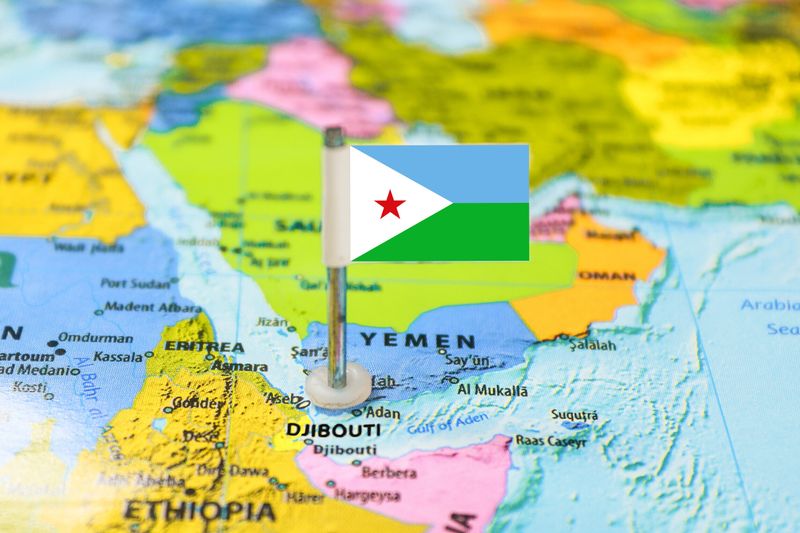
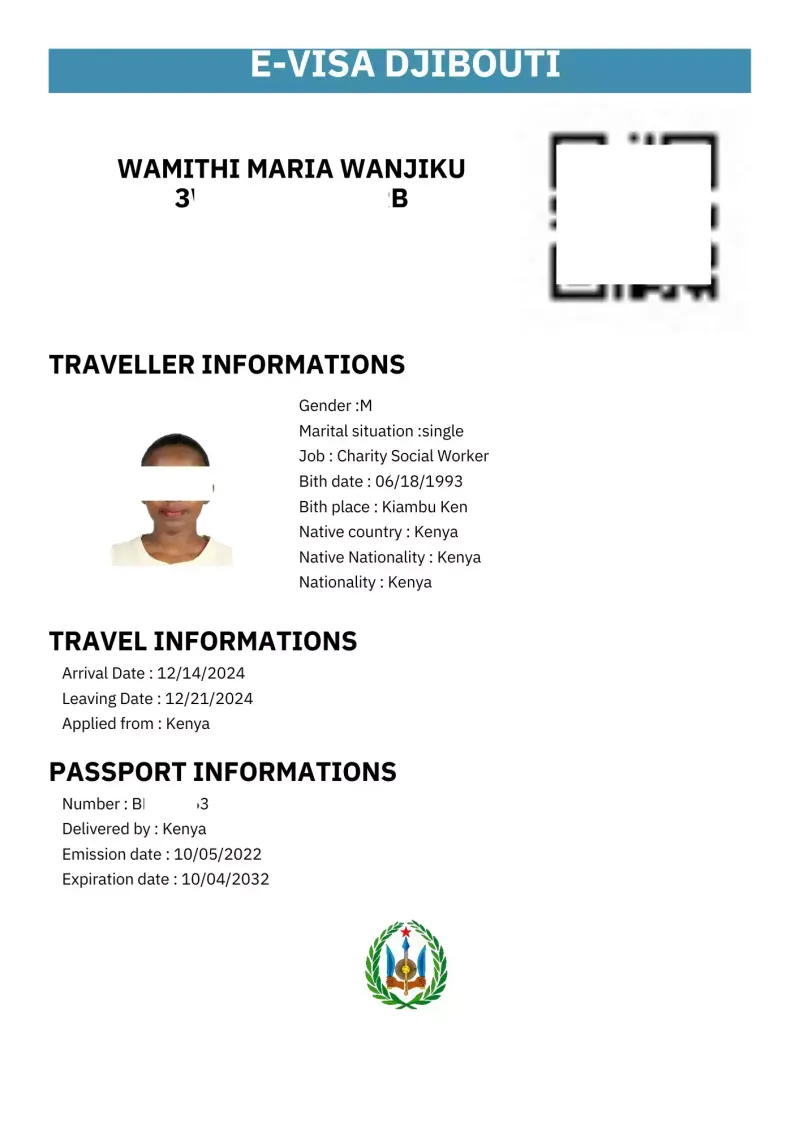

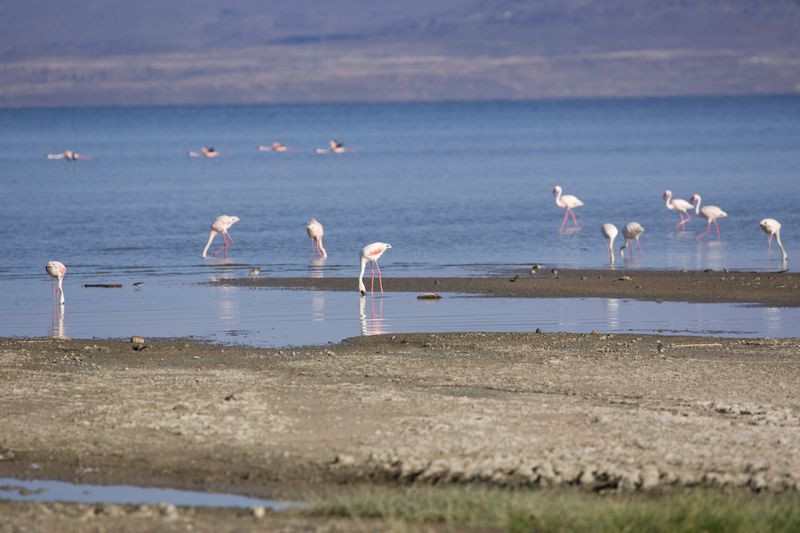
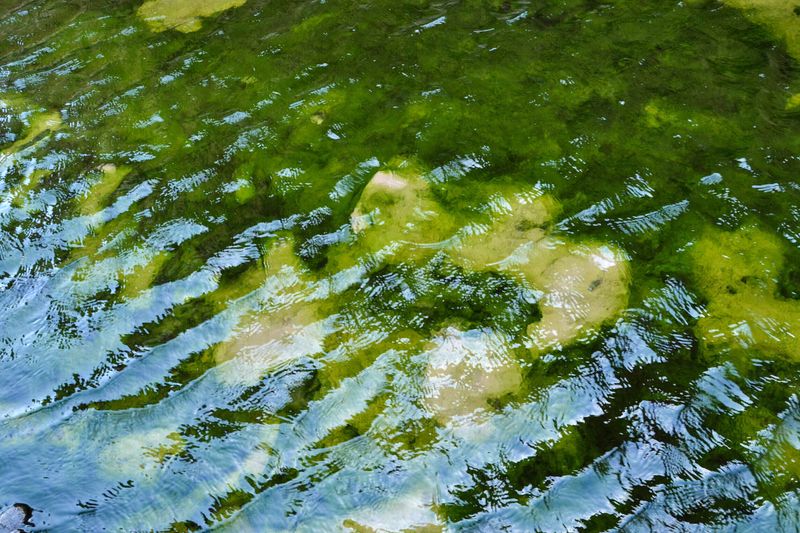
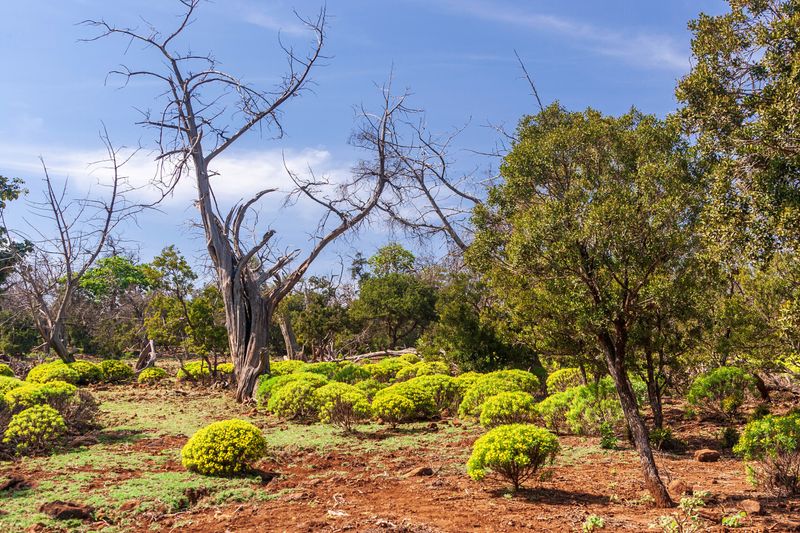


Top comments (0)